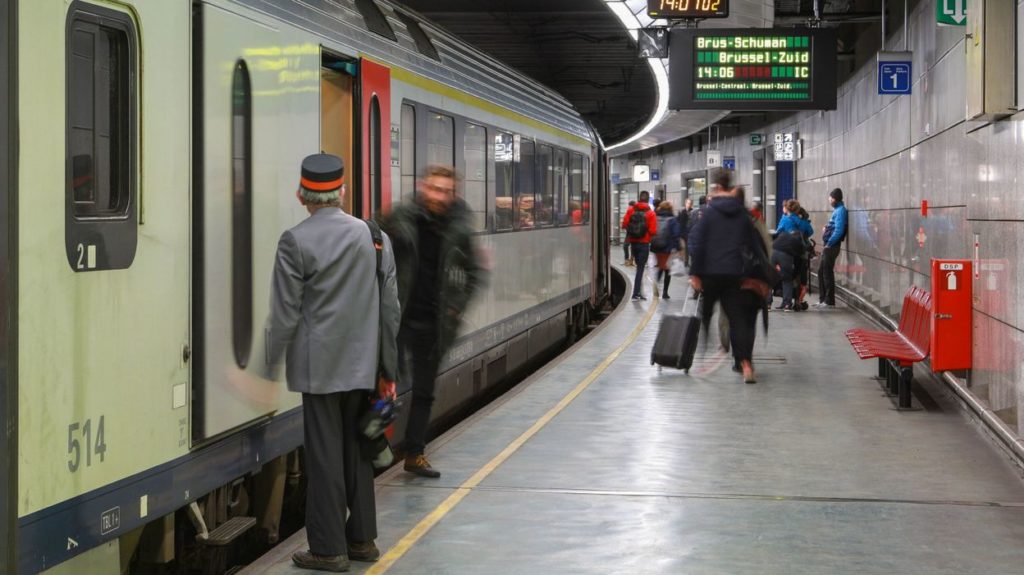Last week, Belgium's Railway Vision 2040 was approved by the federal government. As part of the following steps on what will be implemented in the coming years, national railway operator SNCB is considering cheaper fares during off-peak times.
For the first time ever in Belgium, a railway vision has been set in stone. "In the past, there never was a company vision for SNCB or Infrabel on how they should invest the allocated subsidies in the long term, that has changed," Mobility Minister Georges Gilkinet's cabinet told The Brussels Times.
"It is good to know how public money will be invested in the long run. These are productive investments because the train is the solution to different challenges in terms of climate, traffic congestion, air pollution, energy independence, exploding energy prices, etc. "
The vision statement stipulates agreements to ensure that "coherent and well-founded decisions can be taken for railway policy over the next 20 years" as part of Belgium's aim to improve railway services.
The next phase includes a step-by-step analysis of what should be implemented in the first ten years of the vision and what budgets are needed to implement changes.
For this purpose, a public service contract regarding the railway policy for the first ten years was created following lengthy discussions and negotiations between the company and the government. This lays out what is expected from the company between 2023 to 2032.
Although negotiations are still underway, the company has been asked to run more trains, especially at very early and very late hours, and during weekends. The goal is to run a train every fifteen minutes from stations in Belgium's bigger cities, and every half hour on the rest of the network, by 2040.
Lowering peak time congestion
On Friday, a preliminary draft of the negotiated SNCB management contract, the content of which Gilkinet's cabinet could not yet comment on because of the ongoing negotiations, was being presented to the company's board of directors.
According to reports from De Morgen, the agreement would give SNCB the autonomy to make train rides during off-peak hours cheaper to help spread the congestion on the trains throughout the day. It has been asking for such freedoms for several years now.
This is already the case in the United Kingdom, for example, where cheaper tickets can be bought during "off-peak" hours when traffic congestion on public transport is lower.
Importantly, certain fixed fares, such as the standard second class ticket and the special fares for certain target groups, would remain untouched. However, this would allow SNCB to create more interesting formulas for tourists and other target groups.
After approval by the management committees of SNCB, these draft contracts will be submitted to Parliament in the coming weeks.
"Negotiations can then continue and be finalised with the aim of reaching a final approval before the end of 2022 and the granting of a rail passenger transport monopoly to SNCB," Gilkinet's cabinet said.

